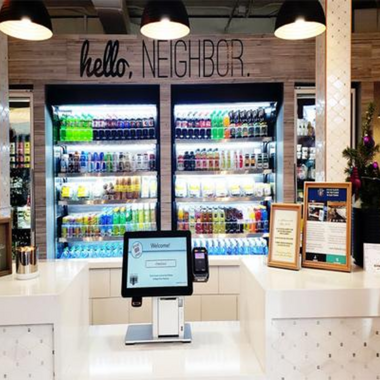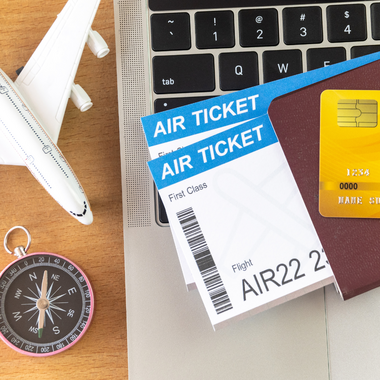
- Four minutes read
The travel industry has a payments problem. It’s time to fix it.
The financial impact of the COVID-19 pandemic has been huge for the travel industry. Finding a new way to work with its acquirers is going to be critical as we look to recovery.
The travel sector and the payments industry have never had a simple working relationship. There are several examples of travel industry failures, such as the collapse of Thomas Cook and Monarch Airlines, that have concluded with the travel operator and their payments partner accusing the other of being the source of the failure. This happens when the acquirer withholds funds to cover the cost of the chargebacks it will be liable to repay customers if the operator goes out of business. Taking this precaution is of course understandable, but it is the view of the travel business that this withholding of cashflow at a critical time creates enormous pressure for them and in fact is final straw that triggers the very collapse that the acquirer is seeking to protect itself against.
And of course, the pandemic has brought that strain in the relationship into even sharper focus. Global travel and tourism lost almost $4.5 trillion in 2020. For context, while worldwide gross domestic product contracted 3.7 percent, travel’s contribution to the global economy reduced by 49.1 percent.
And it hasn’t only been only financial challenges that the travel sector has suffered since the outbreak of COVID-19; there have been operational issues to face as well, as they were forced to process many millions of reservation cancellations. To make matters worse, some acquirers reacted to the adverse market conditions by either exiting the sector altogether, or resetting the terms of business with their travel clients. This has put even more pressure on the relationship between the two parties in a situation where the travel business has options because fewer payments partners that will work with them.
The heart of the issue: future delivery payments are high risk
Much of the friction that can occur between the travel sector and acquirers stems from the fact that travel is considered a high risk vertical by the payments industry, and this was true well before the pandemic. This is true of all sectors where long periods of time occur between the consumer’s payment and the date that they receive the goods or services. In the travel industry this period is typically 60-90 days.
If the goods or services are not delivered for any reason, be it cancellation, unforeseen circumstances such as COVID-19, or the business ceasing to trade, it is the acquirer who is liable for repaying the customer. When the high transaction values typically seen in travel are factored into the equation, acquirers can find themselves exposed to tens of millions of pounds worth of risk for a single travel business. Many simply do not have the appetite for that level of risk.
A new solution: safeguarding addresses the issues created by holdbacks
As we have already discussed, risk is usually managed by the acquirer through withholding cash as collateral. But there are several drawbacks that makes this a sub-optimal solution for the travel sector. The drain on liquidity is an obvious one, but in addition it is often unpredictable how much acquirers will withhold to offset the fluctuating risk, and that makes decision-making and forecasting extremely difficult. Withheld funds also cannot be shown on a company’s balance sheet.
So it will come as no surprise that travel sector is trying to find a new way of working with acquirers as they strategize recovery and growth beyond the pandemic. And progressive payments companies including Paysafe are also looking for new solutions to work more harmoniously with the sector, specifically replacing cash collateral with a trust-based mechanism called safeguarding.
With safeguarding, the travel business still lodges a cash reserve with a third party. But instead of being repaid in large sums often at the acquirer’s discretion, the funds are released steadily on a planned basis either when or shortly before travel takes place.
This new way of working addresses both the liquidity and transparency issues the travel industry has consistently voiced its concerns about. Funds held in trust can also remain on the company’s balance sheet.
Working towards a better future
Cash collateral was the go-to solution for managing acquirers’ risk exposure in the travel sector for years. But this system is no longer fit for purpose. Safeguarding will soon become the most common mitigation process for travel merchants and acquirers. It will enable airlines and the rest of the travel industry to avoid tying up critical funds that would be better spent on running and expanding great businesses, as well as attracting investment through making balance sheets healthier.
Paysafe’s latest whitepaper Safeguarding the future of travel: Why its time to rethink payments and liquidity in the travel industry is available to download now.
This article was originally published in Finance Derivative.




